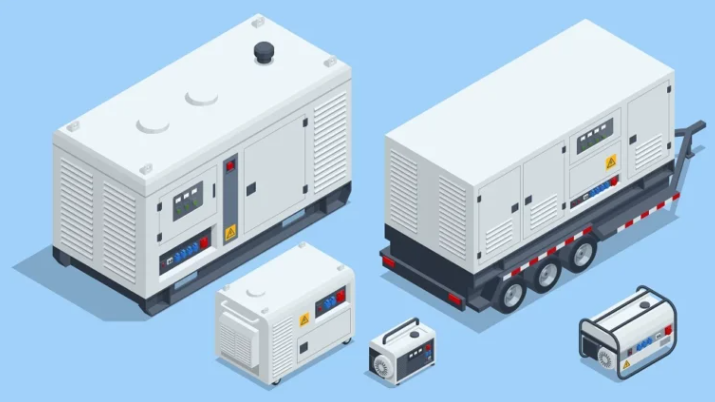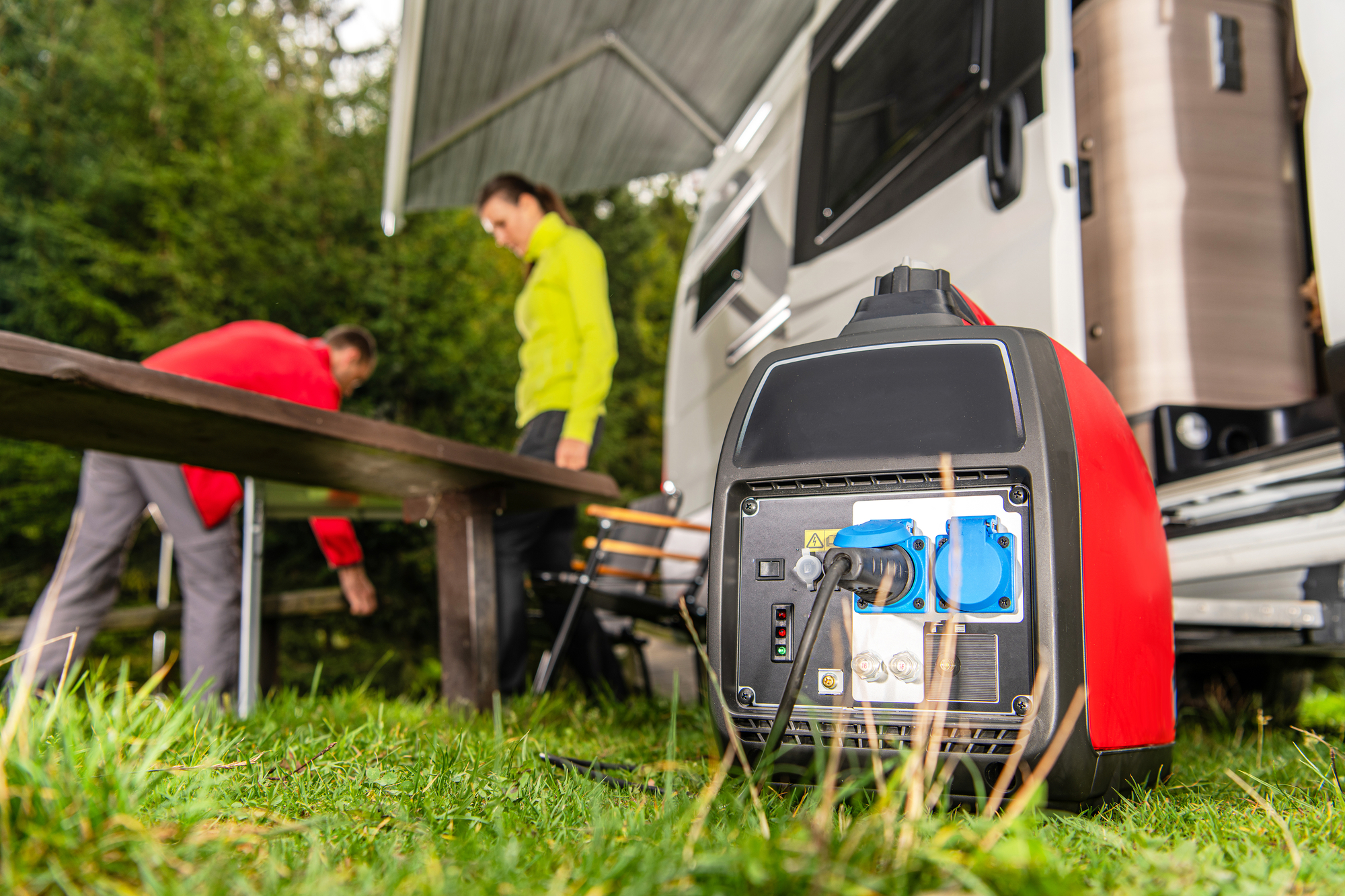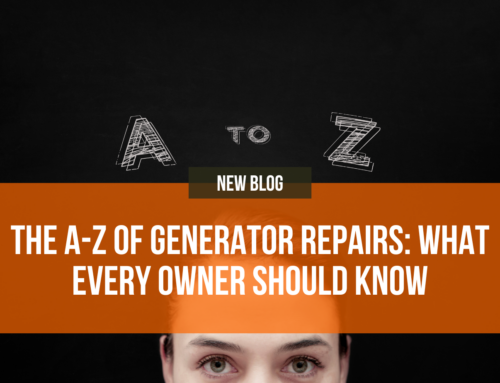Power outages are increasingly common due to various factors like severe weather or electrical grid failures, the importance of having a backup power source cannot be overstated.
Standby generators are a crucial safeguard, providing energy to keep homes and businesses running smoothly during interruptions.
Two primary types of generators dominate the market: portable and standby. Each type comes with its own set of advantages and disadvantages, tailored to different needs and situations.
This article will explore the pros and cons of portable and standby generators, helping you decide which is best suited for your specific requirements.

A Quick Analysis:
Generator Types
Cost-Effectiveness
Power Capacity
Installation and Maintenance
Safety and Convenience
Usage Scenarios
What Are Standby Generators?
Standby generators are permanent installations that provide automatic backup power during an outage. These systems are connected directly to the electrical grid and usually run on natural gas, propane, or diesel. Standby generators are designed to kick in automatically within seconds of a power outage, ensuring continuous power without manual intervention.
Pros of Standby Generators
Cons of Standby Generators

What Are Portable Generators?
Portable generators are compact and mobile units designed to provide temporary electrical power. They operate on fuels such as gasoline, diesel, or propane and are ideal for outdoor activities like camping and tailgating.
They also serve well in emergencies for powering essential home appliances. These generators typically range from small models that can power a couple of appliances to larger ones capable of running several large devices simultaneously, though usually for shorter durations.
Pros of Portable Generators
Cons of Portable Generators
How Power Generation Nation Can Help Your Decision
Choosing between a portable and standby generator depends largely on your power needs, budget, and convenience preferences. Portable generators offer flexibility and cost savings, suitable for temporary or low-power situations.
In contrast, standby generators provide a seamless and robust power supply solution, ideal for those needing uninterrupted service and willing to invest in higher security and comfort. By assessing your needs against these pros and cons, you can make a well-informed decision that ensures peace of mind during power outages.
No matter your need, Power Generation Nation’s mission is to be the only online directory for finding a reputable generator dealer or installer. You’ll find the best installer for home standby generators or portable generators using our directory. Try our search feature today!





